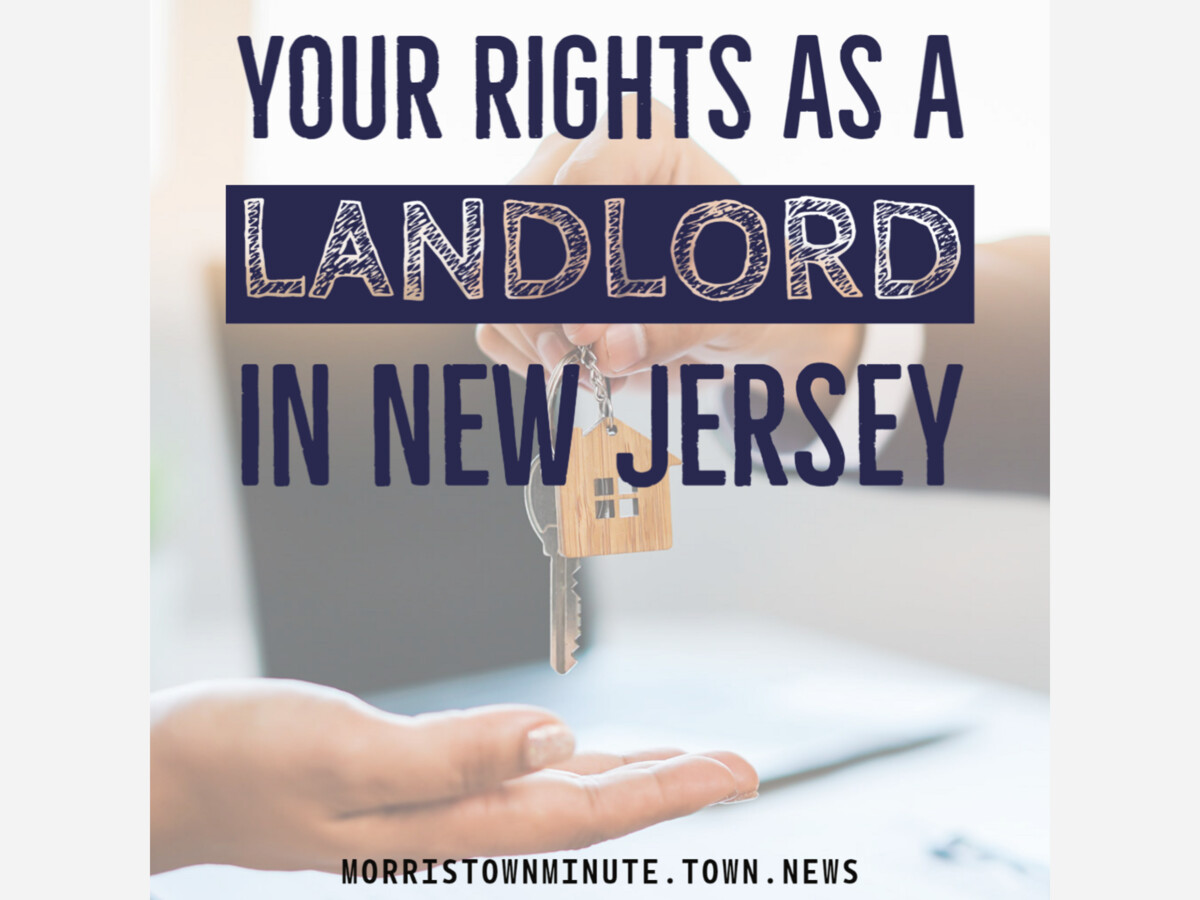Image

Some, like Millionacres.com, would say New Jersey is one of the worst states to be a landlord; statewide mandates for landlords include the Security Deposit Law and NJ Landlord Identity Law.
“In 2001, the share of recently built rental units with monthly housing costs of 1,500 U.S. dollars or more amounted to 15 percent, but rose to 40 percent by 2016.” - Published by Statista Research Department, Nov 6, 2020
Costs for landlords are rising, yet making a living off rental properties continues to be a lucrative business.
The job can offer
So if you do decide to become a landlord here’s how to Protect Yourself From Nightmare Tenants
BACKGROUND CHECKS
Background checks and credit checks aren’t foolproof, and they’re not so straightforward in NJ.
As of June 2021, NJ landlords can’t ask renters about their criminal history on housing applications. Only registered sex offenders or ‘convicted drug manufacturers on federal assisted housing’ are open to an examination of their criminal record, prior to a conditional offer.
A landlord can only inquire about a tenant’s criminal record after a “conditional offer” has been made. Once that offer has been made, a landlord is able to run a background check and would be able to consider indictable offenses of 1st-degree within 6 years, 2nd & 3rd-degree offenses within 4 years, and 4th-degree offenses within 1 year.
If a landlord does deny a rental apartment to an applicant and is found to have “committed wrongdoing” in denying that tenant rental property, the landlord would be responsible for finding the tenant housing.
Since background checks aren’t foolproof, here are the most…
COMMON ISSUES FOR LANDLORDS
*Landlord-tenant laws protect both parties.
*Understand FHA impact on rental advertising
In general, a landlord does not have the right to enter a tenant's apartment or rental property without the consent of the tenant or an order from the Superior Court of New Jersey.
If a tenant fails to pay rent when due, landlords can go directly to court and file an eviction lawsuit against the tenant.
Late Rent Payments.
However, if the tenant habitually pays the rent late, and the landlord has accepted late rent payments in the past, then the landlord must give the tenant a “30-day notice to cease” before filing for eviction.
The “notice to cease” should include:
Disorderly Conduct
In most cases, a landlord must give a tenant a written notice to cease/stop said disorderly conduct or any other violation. The landlord can only move forward with eviction if the tenant continues the behavior after receiving the notice to cease.
Property Damages
Lease Violations
The most common lease violations to look out for are:
One final note on evictions…
A “notice to quit” is required on all “good cause” evictions, except in a failure to pay rent. With a “30-day notice to quit” the tenant has the chance to remedy the situation/complaint if possible.
*be sure to read and understand the laws enacted by the Fair Housing Act
-
Read to learn about your rights as a tenant...
Follow Morristown Minute on Facebook, Instagram, and Twitter for more local and state updates!